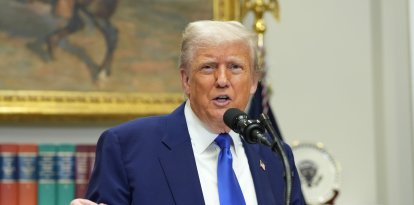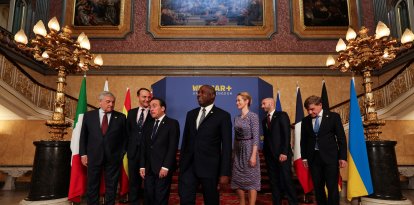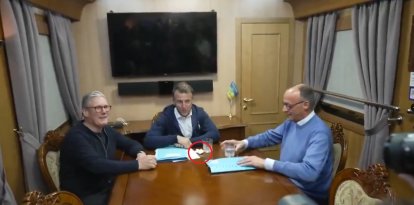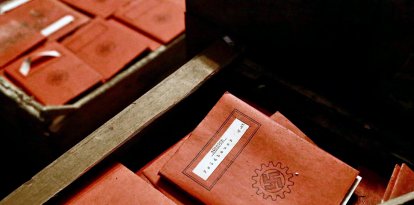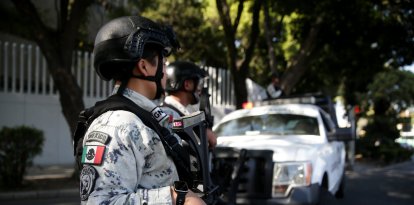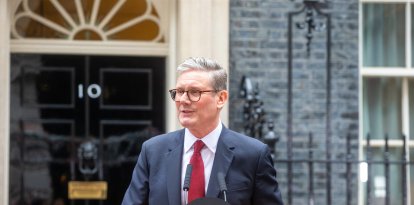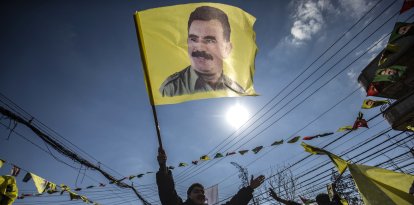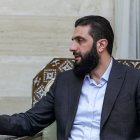Syrian rebel leader Ahmed al-Shara says there will be no elections for another four years
The new strongman in Syria also called on President-elect Donald Trump to lift sanctions and said he does not want Russia to leave the country.
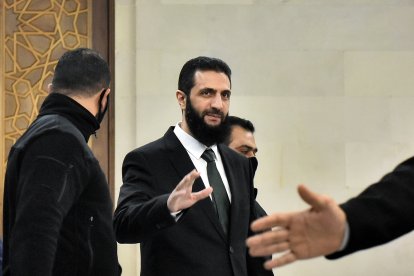
Ahmed al-Sharaa in a file photo.
Syria's new leader, Ahmed al-Sharaa, said it could take four years to organize and hold elections in his country in an interview with Saudi Arabian television broadcast Sunday night, three weeks after the fall of former dictator Bashar al-Assad.
The new Syrian strongman stressed during the conversation with Saudi Al Arabiya TV that it is important to maintain ties with Iran and Russia and called on President-elect Donald Trump to lift U.S. sanctions against his country.
"The election process could last four years," Sharaa said during the interview.
The radical Islamist group Hayat Tahrir al-Sham (HTS), which heads a rebel coalition and is led by Sharaa, took Damascus on Dec. 8 after a lightning offensive that toppled the former al-Assad regime.
Al-Sharaa also explained that it would be necessary to "rewrite the constitution," a task that could take "two or three years."
Since coming to power, the new authorities have sought to reassure the international community, which once ostracized Assad at the start of the country's 2011 war, sparked by a crackdown on pro-democracy protests.
"Sanctions were imposed on Syria for crimes committed by the regime," he declared, adding that now that Al Assad was removed, "these sanctions should be automatically removed."
"We hope that the new U.S. administration [...] will lift the sanctions without having to start negotiations," he said.
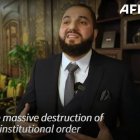
World
New Damascus governor says Syrian government doesn't want Israel as an adversary; Jerusalem wary
Leandro Fleischer
However, the lifting of sanctions is a complex issue, especially since the HTS group is considered a terrorist organization by numerous Western governments, including the United States.
On relations with Iran, al-Sharaa noted that his country "cannot continue without relations with an important country in the region like Iran, but they must be based on respect for the sovereignty of both countries and non-interference in the affairs of both."
He also stressed his country's "deep strategic interests" with Russia, noting that "all Syrian weaponry is of Russian origin" and that "numerous power plants are run by Russian experts."
"We do not want Russia to leave Syria as some would like," he added.
Al-Sharaa also affirmed that local Kurdish-led forces, which Turkey opposes, would be integrated into the national army.
RECOMMENDATION
